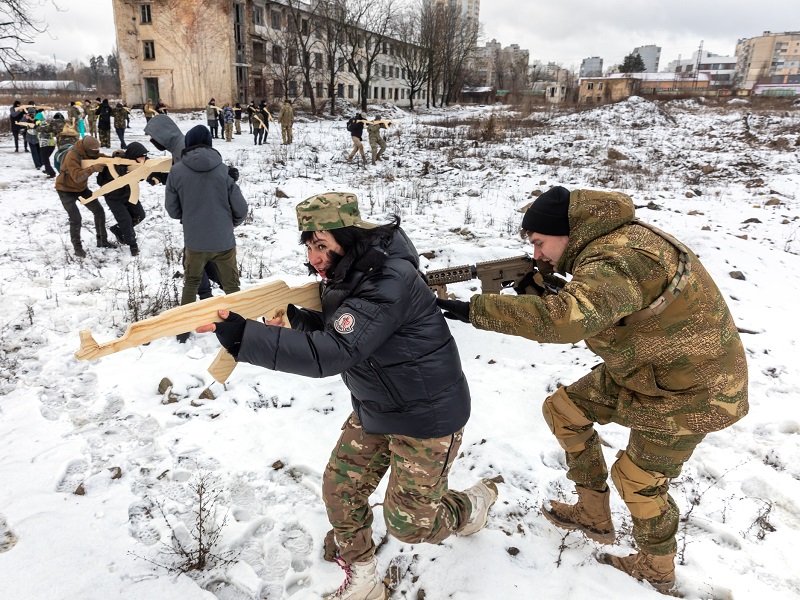
The Organization for Economic Co-operation and Development (OECD) issued its latest outlook for the global economy, focusing on the ongoing impact of Russia’s invasion of Ukraine as a major negative shock that continues to weigh on global growth.
In its latest forecast, the OECD said that the global economy is now projected to grow well below the level that was expected before the war.
Growth this year is expected to come in at 3.1%, slowing to 2.2% in 2023, before edging back up to 2.7% in 2024.
“Persistent inflation, high energy prices, weak real household income growth, falling confidence and tighter financial conditions are all expected to curtail growth,” the OECD said. “Higher interest rates, while necessary to moderate inflation, will increase financial challenges for both households and corporate borrowers.”
These forces are exacerbated by the effects of the war in Ukraine, which “continues to spur inflationary pressures, sapping confidence and household purchasing power and increasing risks worldwide,” the OECD said in its forecast.
Indeed, with output slowing sharply in the U.S. and Europe over the next year, “growth in 2023 is strongly dependent on the major Asian emerging market economies, who will account for close to three-quarters of global GDP growth next year,” it added.
For Canada, real GDP growth is projected to slow from 3.2% this year to 1% in 2023, before edging up to 1.3% in 2024.
At the same time, the OECD indicated that inflation is expected to remain high over the next year or so.
Inflation for the OECD overall is seen coming in at more than 9% this year, before easing to 6.6% in 2023, and 5.1% in 2024.
“The global economy is facing serious headwinds. We are dealing with a major energy crisis and risks continue to be titled to the downside with lower global growth, high inflation, weak confidence and high levels of uncertainty making successful navigation of the economy out of this crisis and back toward a sustainable recovery very challenging,” OECD secretary-general Mathias Cormann said in a release.
“An end to the war and a just peace for Ukraine would be the most impactful way to improve the global economic outlook right now,” he said.
“Until this happens, it is important that governments deploy both short- and medium-term policy measures to confront the crisis, to cushion its impact in the short term while building the foundations for a stronger and sustainable recovery,” he concluded.